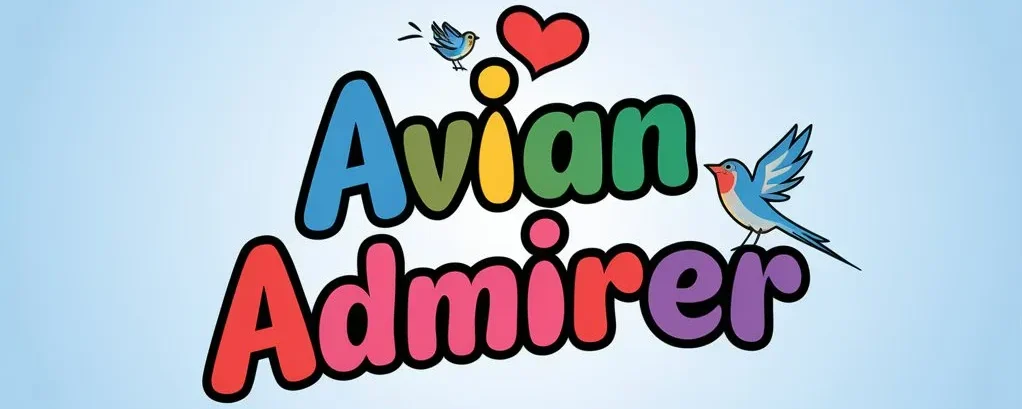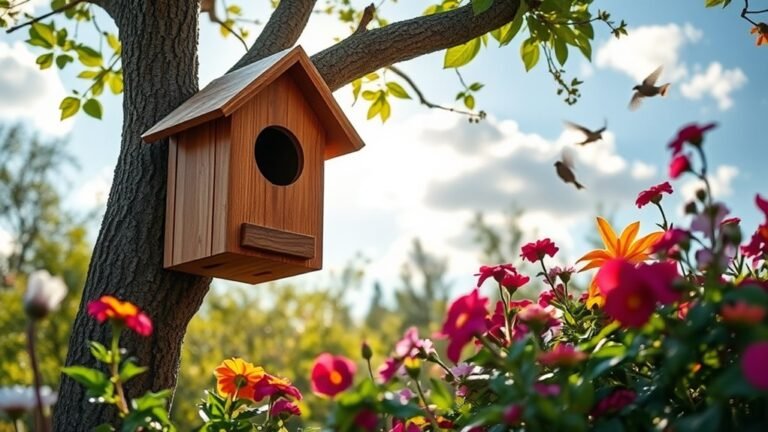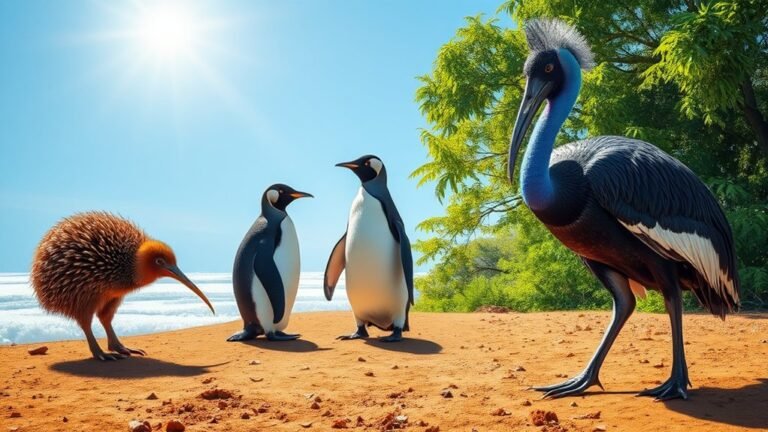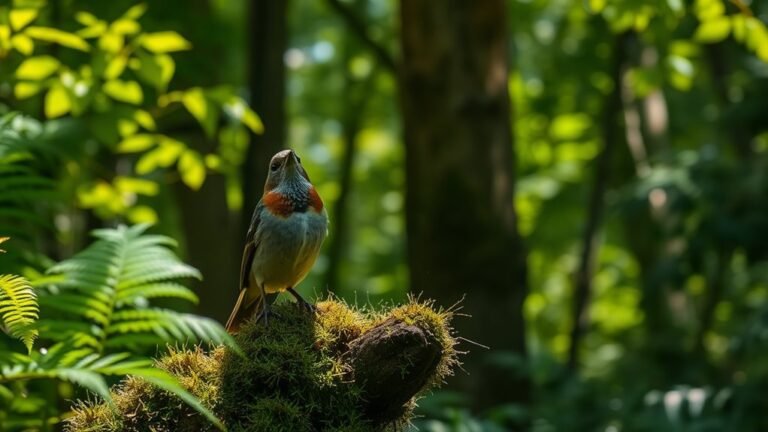Do Birds Like Popcorn? Safe Snacks for Birds
Do birds like popcorn? This is a common question among bird owners. Many people look for safe snack options for their birds. Popcorn, especially air-popped popcorn, can be a healthy treat when prepared properly.
It is essential to know how to introduce popcorn to your bird's diet. Birds often enjoy the texture and taste of popcorn. However, you should take care when feeding it to them. Make sure the popcorn is plain and free of butter, salt, or any other additives.
Start by offering a small amount to see how your bird reacts. If they enjoy it, you can include it in their diet occasionally. Always remember to provide fresh water and a balanced diet for your birds.
Key Takeaways
Birds can enjoy popcorn as a low-calorie treat if it is prepared without salt or butter. Air-popped popcorn is high in fiber, which helps digestion and offers a healthy snack option for birds.
It is important to give the right portion sizes: small birds should have 1-2 teaspoons, while larger birds can eat up to 2 tablespoons.
Other safe snacks for birds include cooked quinoa, unsalted nuts, and fresh fruits and vegetables like apples and bell peppers. When introducing new snacks, do so gradually and use positive reinforcement to encourage birds to try different foods.
Understanding Birds' Dietary Needs
Birds need specific diets for good health. Each bird species has different food preferences, affecting how they digest and absorb nutrients. A balanced diet usually includes seeds, fruits, vegetables, and sometimes proteins. Some birds eat mainly seeds, while others prefer fruits or insects.
It is crucial to watch your bird's diet to meet its needs. Poor nutrition can cause digestive problems and health issues.
Always provide fresh water with food, as staying hydrated is important for good digestion. By understanding these dietary needs, you can help your birds stay healthy and create a lively environment for them to thrive.
Can Birds Eat Popcorn?
Many bird owners wonder if popcorn is safe for their pets. The good news is that plain, air-popped popcorn is generally safe for most birds. Its light texture can interest birds and stimulate their curiosity.
However, you must avoid adding butter, salt, or seasoning to the popcorn, as these can harm your bird's health.
When giving snacks, consider your bird's preferences. Some birds may enjoy eating popcorn, while others may prefer different textures or shapes. Always watch how they react to new foods and ensure they maintain a balanced diet.
In moderation, popcorn can be a fun and interactive treat for your birds!
Nutritional Benefits of Popcorn
Popcorn is a popular snack worldwide. It has nutritional benefits that can be good for your birds when given in moderation. This snack is low in calories and provides essential fiber, which helps with digestion.
Birds often enjoy the texture of popcorn, as it can trigger their natural foraging behavior.
Here are some key nutritional aspects of popcorn:
- High in fiber: This helps birds digest their food and feel full.
- Low in fat: Compared to many snacks, popcorn is a healthy option. It helps birds maintain a healthy weight.
- Source of carbohydrates: Popcorn provides energy for active birds.
Adding popcorn to your birds' diet can support their nutrition and keep them happy and healthy.
Potential Risks of Feeding Popcorn to Birds
Popcorn can be a fun treat for birds, but it comes with some risks. One main concern is the additives. Popcorn that has salt, butter, or flavorings can be toxic to birds. Their digestive systems can struggle with these ingredients, leading to health issues.
Another risk is unpopped kernels. They can be hard and pose a choking hazard. They may also injure a bird's beak or digestive tract.
When you choose snacks for your birds, their safety should come first. To make safe choices, look for bird-friendly snacks. Always watch your birds when you introduce new foods. Your birds depend on you for a healthy diet.
How to Prepare Popcorn for Birds
To prepare popcorn for your birds safely, follow these simple steps. Use air-popped popcorn. This method avoids unhealthy oils. Don't add salt or butter, as these can harm your birds.
Here's how to prepare the popcorn:
- Choose plain kernels without additives.
- Allow the popcorn to cool before serving.
- Break large pieces into smaller bits for easy eating.
By using these straightforward methods, you can provide a fun and healthy treat for your birds.
Popcorn can be an enjoyable addition to their diet when prepared correctly, bringing happiness to you and your feathered friends.
Types of Popcorn: Popped vs. Unpopped
When choosing popcorn for your birds, you need to know the difference between popped and unpopped kernels.
Popped popcorn is safe and enjoyable for birds. It's light and airy, making it easy for them to eat and digest. Many birds love the texture and flavor of popped popcorn, which makes for a fun snack.
On the other hand, unpopped popcorn kernels aren't recommended.
These hard kernels can be a choking risk and are hard for birds to break open. Eating unpopped kernels can cause digestive problems for birds.
To keep your birds safe and happy, stick with popped popcorn as a treat, letting them enjoy each bite.
Recommended Portion Sizes for Birds
Feeding your birds the right portion sizes is key to their health. Proper portion control helps prevent obesity and supports a balanced diet. Keep the serving sizes suitable for your bird's species and size.
- Small birds (like budgies): Serve 1-2 teaspoons of snacks each day.
- Medium birds (like cockatiels): Offer 2-4 teaspoons of treats daily.
- Large birds (like macaws): Provide 1-2 tablespoons, based on how active they are.
Watch your birds' food intake closely and adjust their portions according to their weight and health needs.
Give a variety of snacks, like popcorn, in moderation. This practice promotes a healthy environment and encourages good eating habits for your feathered friends.
Other Safe Snacks for Birds
While popcorn is a fun treat for birds, many other snacks can safely diversify their diet. You can offer cooked quinoa or brown rice for essential nutrients.
Unsalted nuts, sliced for smaller birds, such as almonds and walnuts, are also great options. Whole grains like oats add a crunchy texture that birds enjoy. Additionally, seeds such as flaxseed and chia seeds boost their omega-3 levels.
Fruits and Vegetables Birds Love
Feeding fruits and vegetables to your birds improves their diet and encourages natural foraging. Each bird has different fruit likes. Watch how they respond to find their favorites.
Here are some popular choices to try:
- Sweet slices of apple
- Colorful bell peppers
- Refreshing cucumber for hydration
Offering a variety of vegetables makes mealtime interesting for your birds. Spinach, carrots, and broccoli provide important vitamins.
Always wash the produce well and cut it into small pieces. Mixing up their meals keeps birds healthy and happy. This opens opportunities for bonding over their favorite foods.
Customize their snacks for an enjoyable feeding experience!
Grains and Seeds as Bird Snacks
After enjoying various fruits and vegetables, consider adding grains and seeds to your birds' diet. These food options provide essential energy and nutrition for your feathered friends.
You can choose from different grains like millet, oats, and barley, all rich in vital nutrients. Seed mixes are also great, often including sunflower seeds, safflower seeds, and pumpkin seeds for a balanced diet.
When selecting snacks, pick high-quality mixes without fillers, such as dyed seeds or artificial additives.
Offering a mix of grains and seeds supports your birds' natural foraging habits and promotes their happiness and well-being. Your birds will thrive with this nutritious addition to their diet.
Treats to Avoid for Bird Health
What treats should you avoid to keep your birds healthy? It's important to know which snacks can harm your birds.
- Chocolate: This is toxic to birds and can cause serious health problems.
- Avocado: This fruit contains persin, which can be fatal to birds.
- Salty Snacks: These have high sodium levels that can lead to dehydration and kidney issues.
Always check ingredient labels and research treats before giving them to your birds.
Tips for Introducing New Snacks to Your Birds
Introducing new snacks to your birds can be a fun way to improve their diet and keep them happy. Start by offering small amounts of the new snack.
Watch how your birds respond; some may be curious and try it right away, while others may take their time. To encourage them, mix the new snack with their favorite treats. This can make them more comfortable and willing to sample it.
Create a calm atmosphere, and don't force them to eat anything they're hesitant about. If they show interest in the new snack, reward them with praise or their preferred treats. This positive reinforcement builds their confidence and fosters curiosity.
As you continue this process, you'll learn which snacks your birds enjoy the most.
This exploration not only enhances their diet but also strengthens your bond through shared experiences. Enjoy discovering their tastes together!
Frequently Asked Questions
Can All Bird Species Eat Popcorn Safely?
Not all bird species can safely eat popcorn. Each bird has unique digestion needs. Instead, provide healthy snacks like seeds, fruits, and vegetables. These options support their specific dietary requirements and help them stay healthy.
How Often Can I Feed Birds Popcorn?
You can feed birds popcorn as a treat, but do it occasionally. Make sure the popcorn is plain and air-popped, without any added flavors or ingredients. Use popcorn sparingly in their diet. Balance it with nutritious birdseed and fresh fruits to keep their meals healthy and varied.
Is Microwave Popcorn Safe for Birds?
Microwave popcorn is not safe for birds. It contains additives and unhealthy fats that can harm their health. Instead, you can offer plain popcorn as a snack. This option is safer and can be a fun treat for your feathered friends. Just make sure it has no salt or seasonings.
Can Birds Be Allergic to Popcorn?
Yes, birds can be allergic to popcorn. Like humans, they can have reactions to different foods. Popcorn has benefits, such as fiber, but watch your bird for any signs of allergies. Signs can include digestive problems or skin issues when you give them new foods. Always introduce new foods slowly.
Do Birds Prefer Flavored or Plain Popcorn?
Many birds prefer plain popcorn over flavored options. Birds typically eat natural foods, making plain popcorn a safe and enjoyable snack choice. Keeping snacks simple helps maintain their health and happiness.

Ava is a bird enthusiast and nature lover who has spent countless hours observing and learning about the fascinating world of birds. With a passion for sharing her knowledge and inspiring others to appreciate the beauty of birds, Ava writes about her experiences and insights on avianadmirer.com.







